The Coronavirus Aid, Relief, and Economic Security (CARES) Act of 2020 provides many planning opportunities and we want to get the news out. There are now more strategies to work with for optimizing your finances.
The first provision that we want to highlight is the suspension of the RMD requirement for 2020. Required Minimum Distributions (RMDs) are based on the 12/31 value of the prior year – in this case for 2020, the 12/31/19 account value. As account values have dropped year-to-date, due to the Coronavirus impact, RMDs would have likely caused a disproportionate drawdown on the account. We were pleasantly surprised that all RMDs have been waived, such as IRAs, Employer Plans (401k, 403b, 457), and inherited/stretch IRA RMDs as well.
Since most RMDs are included in taxable income, this also has the potential to lower your tax burden in 2020. As far as planning strategies, the lower taxable income might provide more room to convert some of your IRA to a ROTH, paying a lower tax rate now than in the future. In addition, converting in-kind to ROTH now at lower market values allows future growth from the recovery to occur tax-free inside the ROTH. We were interested in ROTH conversion strategies already, but this provides more room to convert, potentially opening up the strategy to more individuals.
Clearly the CARES Act included numerous lending and tax strategies, particularly aimed at small businesses. Of interest to us for any individuals experiencing cash flow strains during this time, is the Coronavirus related distributions from retirement plans, especially IRAs. Retroactive to 1/1/2020, you can withdraw up to $100k aggregate across your retirement plans without the pre age 59 ½ penalty. The withdrawal is still included in taxable income, but you can elect to spread the withdrawal over three years. On the other hand, you can also elect to roll the funds back in over a three-year period, instead of the 60-day rollover rule. This provision is called the Coronavirus related distribution, meaning the individual must be impacted by the coronavirus, called a “Qualified Individual”, by meeting certain requirements related to COVID-19.
Other opportunities for individual cash flows, still as a Qualified Individual under the Coronavirus related distributions, include access to distributions and loans from employer retirement plans, as the amounts allowable for withdrawal are now larger without the pre age 59 ½ penalty. These will be driven by your specific employer plan document as employers look to amend and adopt procedures under the CARES Act. Health Savings Accounts (HSA), along with FSAs and HRAs, received a permanent change for everyone to allow expenses for over-the-counter items, but these eligible expenses are dependent on the plan document for your specific HSA, FSA or HRA.
Another provision of the CARES Act aims to lessen the financial burden for individuals with student loan debt. Federal student loan payments are now deferred until September 30, 2020 with no interest accruing in the meantime for suspended payments. For individuals participating in a student loan forgiveness program, the time between now and September 30th still counts toward the loan repayment period required prior to forgiveness. Those individuals specifically should consider ceasing loan payments immediately until September 30th since no payments are required AND the clock to loan forgiveness keeps ticking down. Individuals not involved in a loan forgiveness program who have been impacted financially by COVID-19 have six months of extra breathing room to divert payments to living expenses.
Because we are not an SBA lender, nor are we a tax advisor, we are not delving into those provisions of the CARES Act that are better handled by the other experts on your team. If you need direction on these other provisions, such as the Paycheck Protection Program, here is a link with information: https://home.treasury.gov/cares
We are available as a resource if you have further questions on the provisions of the CARES Act.
Here we thought the SECURE Act was going to be the most significant legislation to discuss in 2020, then along comes the CARES Act. More new strategies to put to work and that is exactly what we intend to do.
Cathie Straub, CPA, CFP®
Director, APCM Wealth Management for Individuals
April 3, 2020







